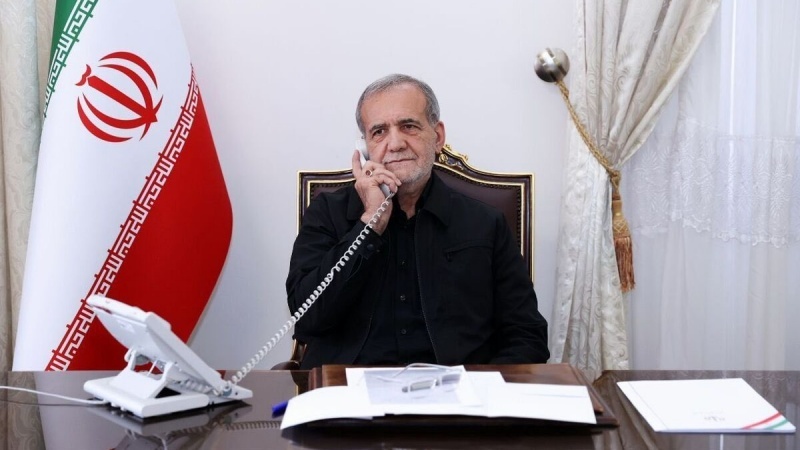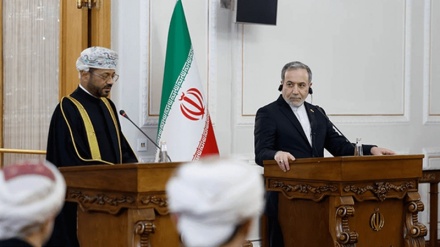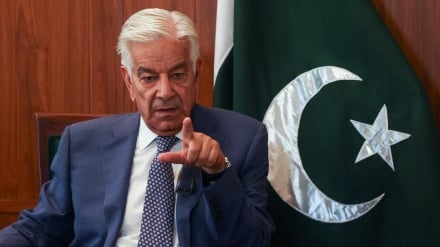Pars Today's Iran and world news package
Continued Islamabad-New Delhi tensions; Phone conversations between Pezeshkian, Modi, Sharif
Pars Today – The Pakistani government, following rising tensions with India after the terrorist attack in "Pahalgam" in Kashmir, deported at least 335 Indian citizens who had entered the country on visas.
The Indian government announced that Pakistan had returned 335 Indian citizens who were temporarily present in Pakistan on visas. According to Pars Today, armed individuals opened fire on a group of tourists in the tourist area of Pahalgam, located about 90 kilometers from Srinagar city in Indian-administered Kashmir, killing at least 26 people on Tuesday night. Indian authorities described the incident as a terrorist attack. India accused Pakistan of involvement in this attack, but Islamabad denied the allegations.
Pakistan’s Prime Minister, Shahbaz Sharif, in response to the attack, called for the formation of an independent commission to investigate the details of the incident.
Following the attack, the Indian government implemented a series of severe diplomatic and security measures against Pakistan, including suspending the Indus Waters Treaty, closing border crossings, and other actions.
On the other hand, Pakistan also responded strongly to India by issuing a firm statement announcing a series of diplomatic, commercial, and security measures against New Delhi. Analysts believe that the unprecedented tension between the two countries could mark the beginning of a new phase of regional confrontation.
In related news, forces from India and Pakistan exchanged fire in the disputed region of Kashmir for the third consecutive night as relations between the two neighboring countries hit their lowest point due to the Pahalgam terrorist incident.
In another development, at least 75 Pakistani citizens returned from India to their own country yesterday (Saturday).
Masoud Pezeshkian, President of the Islamic Republic of Iran, held a phone conversation on Saturday with Shahbaz Sharif, the Prime Minister of Pakistan, expressing readiness to help reduce tensions and resolve misunderstandings between Pakistan and India.
During the phone call, Pezeshkian emphasized the necessity of joint efforts to combat terrorism, adding: "Recent events have doubled the need for more regional cooperation to address the scourge of terrorism and dismantle the financial and arms infrastructures of terrorist groups. We must focus all our efforts on stabilizing peace, security, and stability in the region."
Shahbaz Sharif, during the phone conversation, strongly condemned any form of terrorist act, stating: "Pakistan has been a victim of terrorism and fully understands the critical necessity of decisively combating this evil phenomenon. We are working to improve the economic conditions of our country and enhance the welfare of the Pakistani people, and like the Islamic Republic of Iran, we emphasize peace, stability, and sustainable security in the region."
The President of the Islamic Republic of Iran also spoke on Saturday evening with Narendra Modi, the Prime Minister of India. He strongly condemned the terrorist incident in Pahalgam, expressed condolences to the government and people of India, and stressed the importance of regional cooperation to counter terrorism and stand united against this common threat.
Narendra Modi, during the phone call, referring to the details of the Pahalgam terrorist attack and recalling the painful experiences of the Iranian people with terrorism, added: "Iran, given its painful experiences, can better understand the feelings and suffering of the Indian people than any other country. We completely agree with your view that fighting terrorism requires unity and full cooperation among regional countries."
MG



